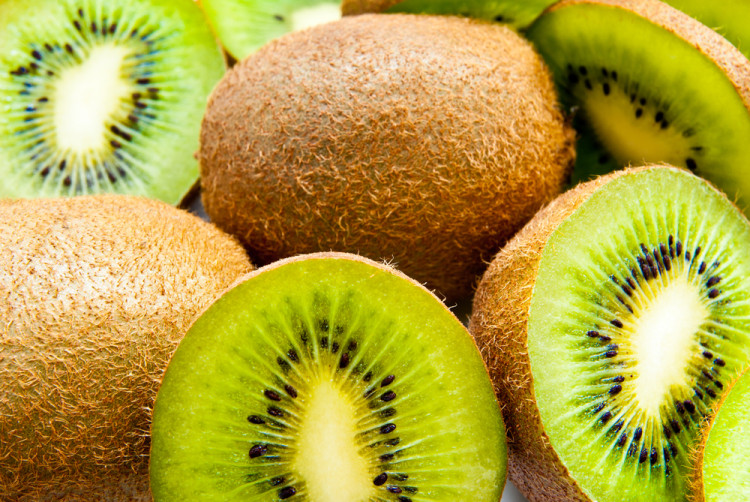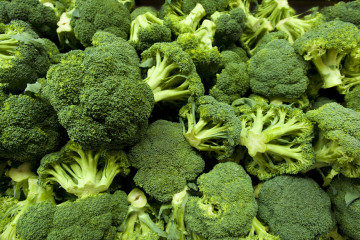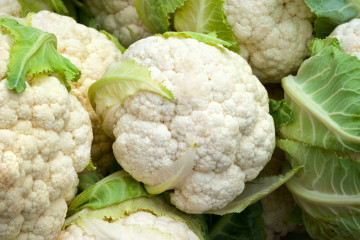What are the Specific Health Benefits of Kiwi Fruit?

Otherwise known as the Chinese gooseberry in some parts of the world, the kiwi is a fruit approximately the size of a large hen’s egg. One of the most striking aspects of this fruit is that a fibrous and dull skin hides a bright green interior. It’s sweet and unique flavour is quite unforgettable; some claiming that it is a cross between an orange and a cherry (this will vary from individual to individual). While not entirely considered to be a citrus fruit, there are nonetheless some health benefits of kiwi fruit that are worth mentioning. Let us briefly examine some of the most common and important to appreciate.
It has been known that carrots are good for the eyes. The same can be said for the diminutive kiwi. These fruits are said to help prevent a condition known as macular degeneration. This is the main cause of bad eyesight and loss of vision in adults. Longitudinal studies have pointed to the fact that regular consumption of kiwi (three times a day) can help to stave off the frequency of this disease. It is thought that such benefits arise from the high levels of vitamin C alongside the antioxidants which were mentioned previously.
Appetite Control
The kiwi is an excellent fruit to consider for those on a diet. Not only does it supply an ample profile of essential nutrients, but the levels of natural sugars contained within can help to stave off the hunger pains associated with fasting. Once again, fibre plays an important role here. As fibre adds “bulk” within the stomach, individuals will feel fuller for longer. This is an excellent alternative to simply drinking water alone.
Blood Benefits
Another interesting finding is that the kiwi seems to be able to thin the blood. Scientists believe that this arises from the actions of vitamin E and alpha-linolenic acid. In fact, studies have shown that eating three kiwis a day for a 28-day period will produce the same effects as if one would have taken a daily dose of aspirin. This is very healthy for those who suffer from poor circulation and high blood pressure. Anti-clotting properties are another side effect which should not be overlooked.
Cleansing Properties
Along with fibre, kiwis are known to have mild laxative effects. For those who are interested in undergoing a popular “detox” programme, this can prove to be quite beneficial. However, this can vary between different individuals and not everyone will experience any laxative qualities.These are some of the most interesting and beneficial qualities of the humble Kiwi. Above all, its taste is said to be quite unique. These fruits are perfect to be mixed with a number of different foods while they are just as memorable if eaten alone. As they are quite small, it is easy to bring one along while travelling or even when at the office. It is likely that even more advantages will be uncovered in the future.


